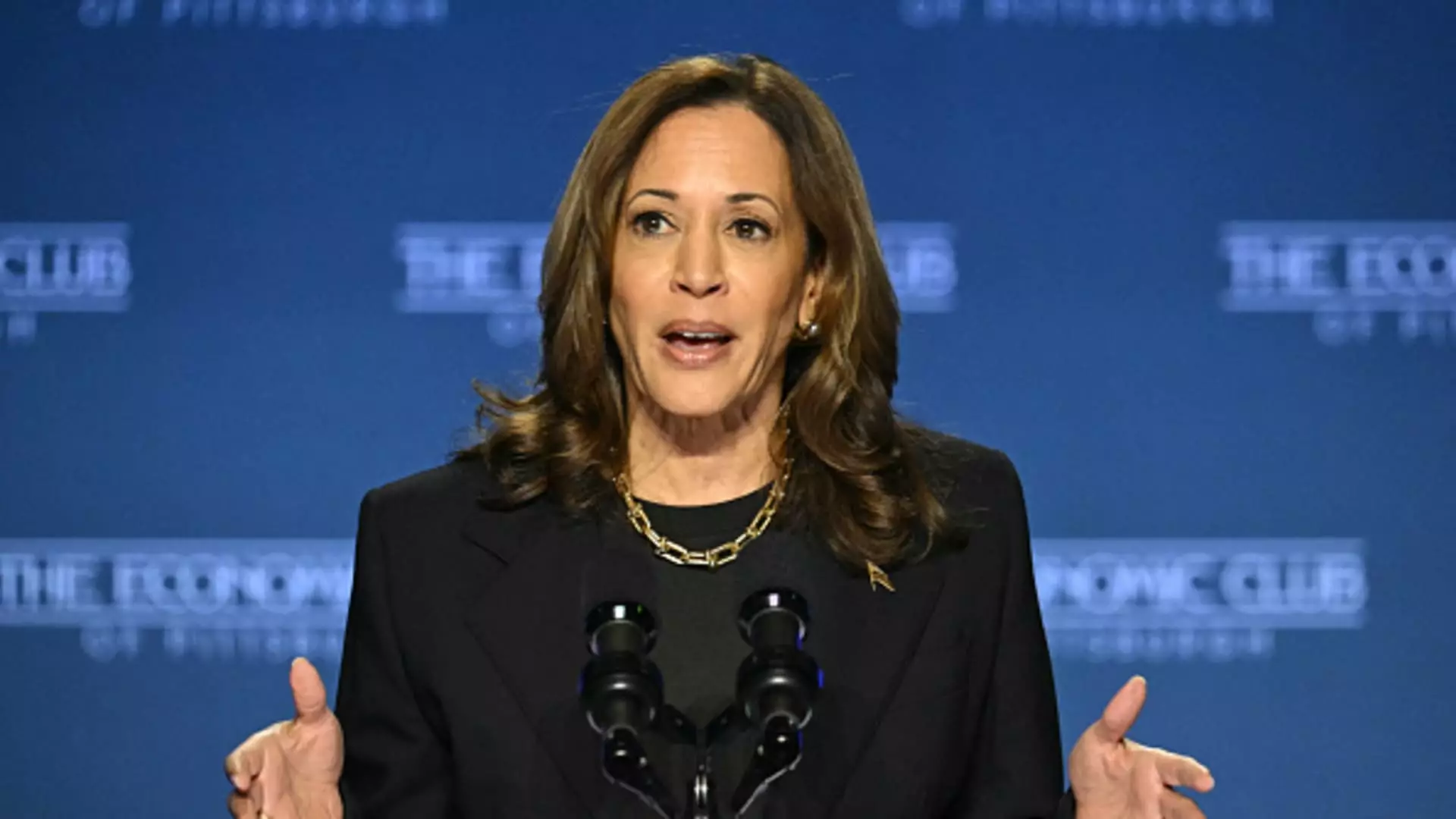Recent findings reveal a notable dichotomy among millionaire investors regarding their political preferences, particularly when it comes to economic assessments. A new UBS survey has uncovered that a substantial majority of affluent individuals—those possessing at least $1 million in investible assets—are inclined to support Vice President Kamala Harris in the upcoming election, even while acknowledging former President Donald Trump’s superior performance in economic matters. This paradox raises important questions about how personal political affiliations and economic perceptions interact in shaping voter behavior among wealthy investors.
In the survey, 57% of respondents indicated they would cast their votes for Harris, while 43% favored Trump, illustrating a significant preference for the Democratic candidate. Harris’s appeal is especially strong among Democratic millionaires, capturing 91% of that demographic’s support, while she receives 12% from Republicans and 60% from independents. Conversely, Trump maintains robust backing within his party, receiving 88% of Republican millionaires’ votes but only 9% from Democrats. The independent vote is also divided, with 40% leaning towards Trump and 60% favoring Harris. This voting behavior encapsulates a broader trend of political allegiance overshadowing purely economic evaluations, showcasing the complexities of electoral dynamics.
The survey underscores that economic concerns dominate the minds of millionaire investors, with an overwhelming 84% identifying it as the paramount issue for the election. Following economic priorities are pressing matters such as Social Security (71%), taxes (69%), and immigration. The survey further highlights an intriguing contradiction: while millionaire investors appear more supportive of Harris as a candidate, they still regard Trump as marginally better suited to handle economic and tax-related issues. Specifically, when asked who is better equipped to improve the economy, a slight majority (51%) favored Trump over Harris (49%).
Despite their mixed political opinions, these investors are largely optimistic about the economy’s trajectory. Interestingly, 55% expressed substantial confidence in economic growth, a noticeable increase from 43% during the comparable time frame in the 2020 election cycle, which was influenced by the COVID-19 pandemic. This bullish sentiment extends also to their portfolio evaluations, with three-quarters of investors exhibiting confidence in their financial returns over the next six months.
Moreover, the investors’ perspectives on possible changes in their investment strategies post-election reveal that over 75% are prepared to adapt their portfolios based on the electoral outcome. If Trump prevails, sectors such as defense and energy are expected to see increased investments. Conversely, a Harris victory would likely steer investments towards health-care, sustainable practices, and technology sectors.
This analysis demonstrates that while millionaire investors favor Kamala Harris, their economic evaluations paradoxically favor Donald Trump. As this segment of voters prepares for the upcoming election, their decisions and subsequent investment choices will no doubt exert a significant influence on various sectors of the economy, emphasizing the intricate interplay between political allegiance and economic expectations within affluent circles. The upcoming election not only serves as a pivotal moment for U.S. politics, but also as a significant inflection point for investment strategies among the wealthiest voters.

